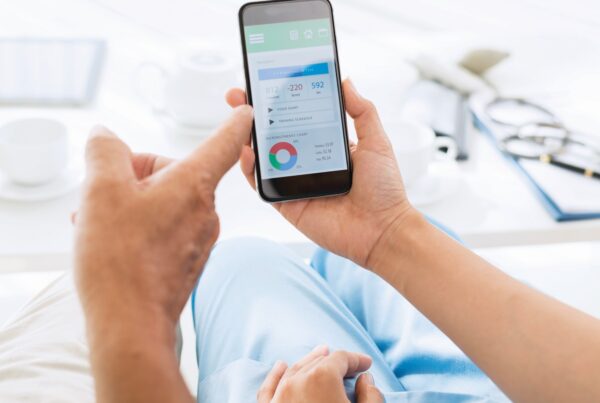
Greenfield or jungle? Navigating the legal landscape for digital healthcare innovation
Report on Expert Event from 30.09.20
At first sight, it’s hard not to agree that dealing with the legal aspects of creating healthcare innovation is — although necessary — a rather unsexy topic. So it comes as no surprise that the DayOne Experts Event “Legal challenges and opportunities for healthcare innovation”, held online on September 30, attracted a slightly smaller audience than when the talks usually concern revolutionary new pieces of digital technology ready to disrupt healthcare as we know it — for the better.
Nevertheless, the presentations and especially the follow-up discussions in the breakout sessions proved how important it is to know about the legal and regulatory challenges early in the innovation process. As Philipp Marchand from Vossius & Partner and co-host of the event put it: “Technological developments, especially in the digital space, brought up completely new issues which lack clear definition. So, as lawyers and regulatory advisers, we have to be innovative and also come up with new solutions. This is a learning curve we have to go through together with entrepreneurs, industry and regulatory bodies“.
In other words, instead of being a French garden à la Versaille, the legal landscape has become a rather rough terrain to navigate. The uncertainty can be seen as a threat and show killer. A more entrepreneurial attitude, however, would be to see it as an opportunity, if not an invitation, to pursue more of a greenfield approach. But in order to make this happen, it is essential to address the legal aspects early on and make them part of the solution. This was shown by the two start-up showcases: Michel Mohler (Lyfegen) and Moritz Dietsche (Haako).
And these are the points I learned:
1) Protection
Accustomaed as it is to a science and engineering-driven approach, the healthcare industry has to change its mindset when it comes to protecting its business. As it is reasonable to patent a digital solution and to protect medical devices as well as mobile app interfaces by means of design and trademark rights, the legal framework is becoming more important. So, developing a great technological solution and then having it beautified later on will not suffice. Those capabilities have to be built in from day one to ensure freedom to operate and to generate added value from the digital solutions.
2) Regulation
Regarding the new MDR, the big question that arises is not only whether a piece of software falls under the definition of a medical device, but also who decides whether it does. At least in this regard the new regulation is clear: it is the regulator. Which means, according to Karin Shulze from SFL, that If a company offers an app which they do not consider a medical device themselves, but the regulator does, the distribution of this app will be stopped.
3) Data
GDPR still governs the data protection landscape and is here to stay. But GDPR is more than an implementation issue – innovators need to embrace its principles already when designing their products, not only to be compliant but also to gain the trust of customers and patients. As healthcare innovations are IT dependent and data driven, data and IT security are often neglected. But they are key to convincing investors and customers of the innovator’s business model, because the stakes are high, not only in terms of a start-up’s reputation and liability, but ultimately and most of all in terms of the patient’s interests as well.
A big thank-you to all participants for their great contribution!
Take a look at the slides presented and discussed:
Introduction by Thomas Brenzikofer, Basel Area Business & Innovation.
Presentation by Philipp Marchand, Vossius & Partner and Brigitte Bieler, Vossius & Partner
Presentation by Karin Schulze, SFL Regulatory Affairs & Scientific Communication
Presentation by Monika Menz, Vossius & Partner
Presentation by Michel Mohler, Lyfegen
Presentation by Moritz Dietsche, Haako


